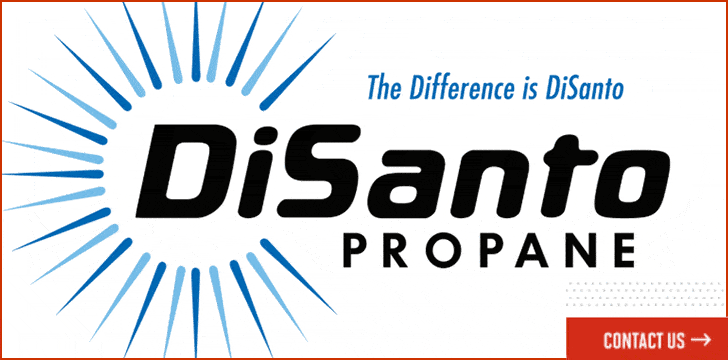The New York State Department of Environmental Conservation (DEC) has finalized regulations aimed at reducing emissions of two potent greenhouse gases, hydrofluorocarbons (HFCs) and sulfur hexafluoride (SF6), as part of the state’s ongoing efforts to combat climate change under the Climate Leadership and Community Protection Act (Climate Act).
DEC Interim Commissioner Sean Mahar announced the adoption of the rules, which will phase down the use of HFCs and SF6 over time while promoting cost-effective alternatives. HFCs, commonly used in refrigeration and cooling systems, and SF6, primarily used in electric power equipment, are among the most heat-trapping greenhouse gases, with significant global warming potential.
The amended HFC regulations include prohibitions, reporting requirements, and measures to minimize emissions from equipment leaks. Existing equipment will not need to be replaced prematurely, aligning the rules with federal standards under the U.S. Environmental Protection Agency’s American Innovation and Manufacturing Act.
For SF6, the regulations establish a phaseout timeline for its use in new gas-insulated electrical equipment, introduce emissions limits, and require reporting by industry stakeholders. DEC expects the rules to reduce emissions from New York’s electricity sector while driving innovation in alternative technologies.
In addition to regulatory measures, DEC highlighted ongoing partnerships with the North American Sustainable Refrigeration Council and the New York State Pollution Prevention Institute. These collaborations have successfully implemented natural refrigerant systems in grocery stores located in disadvantaged communities, serving as models for sustainable refrigeration practices statewide.
To support small businesses through this transition, DEC is also developing a grant program funded by the $4.2 billion Clean Water, Clean Air, and Green Jobs Environmental Bond Act of 2022. Details on eligibility and application processes are expected in the coming months.
Environmental advocates praised the regulations as a significant step toward meeting New York’s ambitious climate goals. Experts noted that phasing out HFCs and SF6 aligns with best practices and will deliver both economic and environmental benefits in the long term.
FingerLakes1.com is the region’s leading all-digital news publication. The company was founded in 1998 and has been keeping residents informed for more than two decades. Have a lead? Send it to [email protected].


